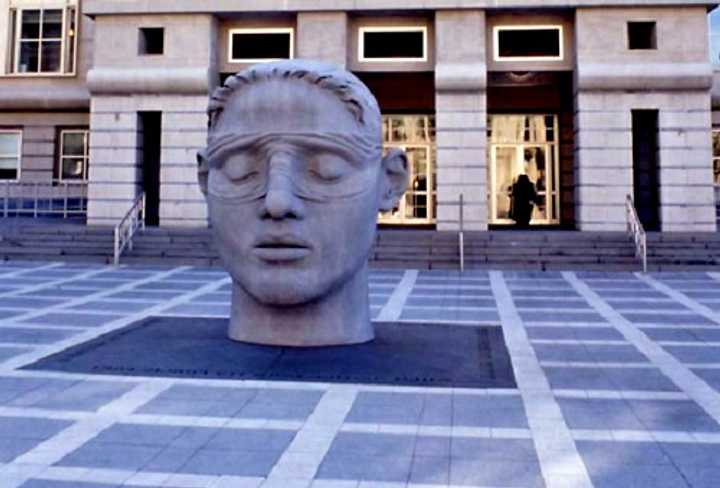SRVB agreed to resolve civil claims brought by the U.S. Department of Justice in connection with violations of the Bank Secrecy Act (BSA), which requires financial institutions to maintain programs designed to detect and report suspicious activity that might be money laundering and other financial crimes.
In addition to the penalty, the bank has agreed to a number of related regulatory actions, U.S. Attorney Paul J. Fishman said.
The federal complaint alleged that SRVB failed to maintain an effective anti-money laundering program and processed transactions involving at least $4.1 million in violation of federal money laundering laws – after the government warned that drug dealers were laundering money through Mexican banks and non-bank currency exchange businesses known as “casas de cambio.”
While a joint investigation by the U.S. Attorney’s Office and the Office of the Comptroller of the Currency (OCC) was under way, the majority of the assets of SRVB were acquired by another financial institution. The proceeds of that acquisition, plus all other assets of the bank — currently valued at $9.2 million — were held pending the outcome of the investigation.
SRVB has agreed to settle the government’s allegations with a combined penalty of $8.2 million of the remaining $9.2 million and has separately agreed with the OCC to cease operation and to dissolve its charter.
According to Fishman: Beginning at least as early as 2000, several federal agencies – among them, the Department of State, the Department of the Treasury, the Federal Reserve Bank, and the IRS — began issuing public warnings to U.S. financial institutions about the increased money laundering threat present in Mexico.
These warnings were also available through industry-wide advisories, he said.
“It was believed that the proceeds of narcotics sales in the United States were being disproportionately laundered and transferred through banking institutions in Mexico,” the U.S. attorney said. “Many of these warnings also discussed the specific money laundering risks associated with ‘casas de cambio’.”
Beginning in June 2009, SRVB began servicing what Fishman said would ultimately become four CDCs, including three CDCs in Mexico and one in the Dominican Republic.
SRVB voluntarily severed its relationship with the CDCs by May 2011, but only after processing at least $1.5 billion in transactions on behalf of the CDCs.
SRVB’s anti-money laundering program related to the CDCs was deficient in several key areas, the government said. The bank, federal authorities said, failed to:
• appropriately monitor at least $1.5 billion in transactions conducted on behalf of the CDCs;
• properly detect and report suspicious activity occurring within the CDC accounts and file Suspicious Activity Reports on a timely basis;
• conduct sufficient enhanced due diligence on the CDCs;
• have a BSA officer or other personnel with sufficient experience to operate an AML program;
• provide adequate training to its employees concerning anti-money laundering;
• retain qualified periodic independent testers for its anti-money laundering program, as required by the BSA.
After a joint investigation by the U.S. Attorney’s Office for the District of New Jersey and the OCC, SRVB agreed to an assessed civil monetary penalty by the OCC of $4. 1 million for the deficiencies in its anti-money laundering program.
SRVB also agreed to a civil fine of $4.1 million, to be satisfied by one payment to the U.S. Treasury Department Fishman said.
The bank also agreed to surrender and forfeit an additional $4.1 million to the United States to resolve the investigation conducted by the U.S. Attorney’s Office for the District of New Jersey and the OCC.
That brings the total to $8.2 million.
Fishman credited special agents from the Department of Homeland Security, Homeland Security Investigations and thanked Counsel Elizabeth Ratliff and Noelle Kurtin of the OCC, as well as former Trial Attorney Joseph Markel of the Department of Justice, Asset Forfeiture and Money Laundering Section.
The government is represented by Assistant U.S. Attorneys Evan S. Weitz of the Asset Forfeiture and Money Laundering Unit and Aaron Mendelsohn of the Economic Crimes Unit of Fishman’s office in Newark.
Click here to follow Daily Voice Northern Highlands and receive free news updates.
